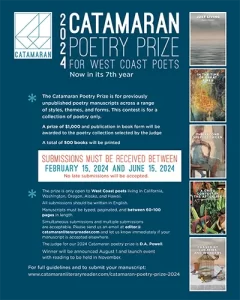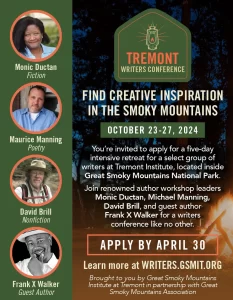Plain Spoke – Spring 2011
Volume 5 Number 1
May 2011
Quarterly
David Larson
I was immediately drawn to Plain Spoke. Poetry in plain language, I thought. Yeah, there we go. The subtitle only made it better: A Literary Speakeasy. Oh yeah. My kind of language in my kind of place. I imagined straight, honest poetry like bourbon served neat in a drinking glass—edgy, not quite legit. I couldn’t wait to get started.
I was immediately drawn to Plain Spoke. Poetry in plain language, I thought. Yeah, there we go. The subtitle only made it better: A Literary Speakeasy. Oh yeah. My kind of language in my kind of place. I imagined straight, honest poetry like bourbon served neat in a drinking glass—edgy, not quite legit. I couldn’t wait to get started.
I was quickly rewarded with beauty and bite. The language is indeed beautiful; I found myself going back to certain poems again, or lingering over lines, letting the sounds echo and sway, or burn and bite. Joel Allegretti’s “Choir of Flies” has great sound:
…so they convene
in their buzzing
canonical hours
above, around
and in the mound
of ocher fur
and putrefying meat
that unites with the
decomposing foliage.
It’s not just the rhyme that quickly comes and goes, bringing little attention to itself, but the pace and the rhythm; for instance, “decomposing foliage” reads like the caramel burn of a good bourbon whiskey. But the poem also has that burn, the bite of its harsh, honest image of the once magnificent deer, not the romanticized image of the stag on the hill, the sun silhouetting it in some painter’s visions. No, now it is the decomposing sanctuary for flies, and, as the poem reminds us, “That is all / That is all.”
Ray Keifetz’s poem, “A Small Seaworthy Vessel,” also packs a nice punch, a clear and glassy gin with just a touch of tonic. The poem is more abrupt: “The new roof and painted siding / were to be her legacy— / but then she sat up.” That abrupt “but then she sat up” just grabs me. I see it. I feel it. This poem, too, has that bite of liquor served straight-up. It briefly shows a home on hold, irritated children, irritated at her, for not dying I have to suppose—how rude of her to hold up our new roof and painted siding! But before I can feel badly for this woman, holding up the lives of these ghouls, she “bought a boat, / a small seaworthy vessel, / and one morning rowed out / like a viking.” Nice.
Later in this issue, in Joshua Michael Stewart’s “How’s the Weather,” I find more of that beautiful language that I’ve come to expect in lines like: “Father flooring / it to the hospital, my brother blubbering // in the backseat, Is he going to die?” Or: “Porterhouses sizzled on the grill / and Sinatra was singing It Happened in Monterey, / while my brother’s last cold breath rattled // from his brittle chest, surrounded by the cinder block walls of a housing project.” This, too, is not a romantic vision of suburban barbecue, obviously.
Instead, it’s an honest look at how lives go in different directions, an unapologetic admission. But it lacks that harsh bite of bourbon or gin. Here we have something slow and sweet. It ends: “I ache / for those kids wrestling to Saturday morning // cartoons. They listen to the Monster Mash, / on a Fisher-Price record player, / and I want nothing of this world.” No less impacting, this poem feels different. A fifteen-year Scotch, a bit sweet, but smoky, complex and earthy. I want to linger here, sipping gently, drinking it in, knowing these are words and images to be savored.
These poems, and many others in this issue, take variable but always honest looks into those complex issues that surround our lives. Sometimes it’s death, other times it’s relationships, growing up, spirituality. Expect to find these heavy, heady themes in this issue all explored in wonderful language, but at the same time, Plain Spoke is like two hard-bit men sitting and enjoying a stiff drink and good talk at the end of a long day.
[www.plainspoke.net]




